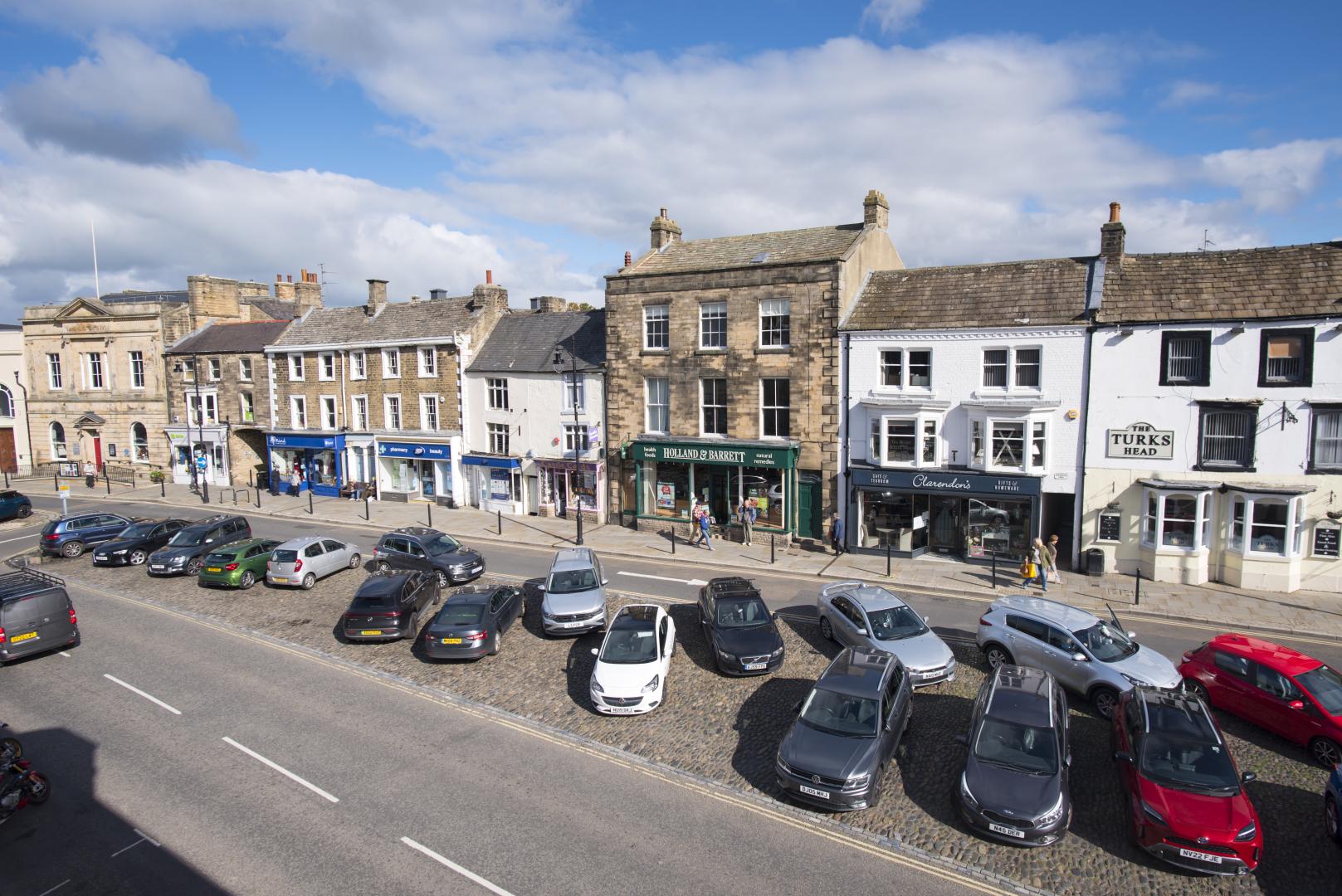DALE shopkeepers say they will have to get creative to survive amid skyrocketing energy bills.
A micro-brewery in the area has already shut down until energy prices return to normal.
Another business has seen a 351 per cent increase in its electricity bill, and even with a government announced price cap for the next six months, it will still struggle to keep going.
Hardest hit are cafes, pubs and tearooms, with energy intensive kitchen equipment.
Old Well Inn landlord Roy Chatterjee says his electric and utilities bill has gone from £800 a month to about £3,600.
He said: “With the cap it is about £2,400, so it is still more than double. It is a squeeze on our margins.
“The balance sheet can’t take this, so what do you do? You have to get creative.”
He plans a campaign to encourage families to save energy at home by inviting them to “use our electricity, our heating and our wi-fi” .
He has reduced the price of coffee and tea and introduced a range of low-cost bap meals with ten different fillings to choose from to tempt people in. Mr Chatterjee said: “The aim for us as a business is to increase footfall and make things affordable.”
An impact on his bill is the difference in price per unit between day and night, with day being more expensive.
Mr Chatterjee said: “What do you do? Shut down and only open from 4pm to 9pm, but then you won’t generate as much revenue.”
In a different boat is Chocolate Fayre owner Kenny Walker, whose greatest concern is the duration of the price cap, because instead of heating and cooking, his main consumption is in the summer when he has air-conditioning and ice-cream fridges running at full tilt.
He said: “We are the inverse to everyone else. So, we have to keep hoping the Government will sort something out to stabilise the energy bills [before the summer].
“We are aware that our customers are in the same situation as we are and they have to see how far their salaries go. So, we have tried not to put up our prices.”
However, he has had to increase the cost of ice-creams and coffee because milk prices have risen by 60 per cent and coffee beans by 20 per cent.
Mr Walker said: “We are probably cheaper than most still.”
He added that he had been prudent and saw the energy crisis looming.
Mr Walker said: “Our contract is due to come up in November, but I started negotiating in May and the best I could get then was a 94 per cent increase, by the looks of it, it would be good deal higher now.”
Elsewhere bookshop and tea room owner Emma Rowell has had to work hard to negotiate with her supplier when a projection suggested the bookshop’s bill would rise from £89 a month, to £1,600.
The store does not have central-heating and all the heaters are plugged in. By supplying a monthly meter reading, she was able to negotiate an estimate of £140 a month.
She shares Mr Walker’s concerns about the term of the price cap.
Ms Rowell said: “Six months is a ludicrous term for businesses to organise around.
“Businesses forecast for a year, that is how business works. You just don’t know – it is difficult to say this is how much it costs to run a business and if you can’t do that, you are bankrupt before you know it.”
She confirmed that Barnard Castle Brewery, where her partner Michael Coverdale is involved, has shut down until the energy crisis is resolved.
She said: “A lot of small breweries have gone the same way” .
She added that along with the energy intensive brewing and chilling process, there had been massive increase in grain prices.
In Cotherstone, caravan park owner Alison Lamb, is worried bout the future of her business because she does not qualify for the energy price cap.
She said: “It’s not much help if, like us, you’re on a fixed term contract agreed prior to April 1, and then are closed for the period of support.
“Still no ability to plan either short, medium or long term for the survival of our family-run business grown over 40 years.”
ADVERTISEMENT
Teesdale businesses tell of energy cost woe despite price cap
ADVERTISEMENT
ADVERTISEMENT
ADVERTISEMENT







